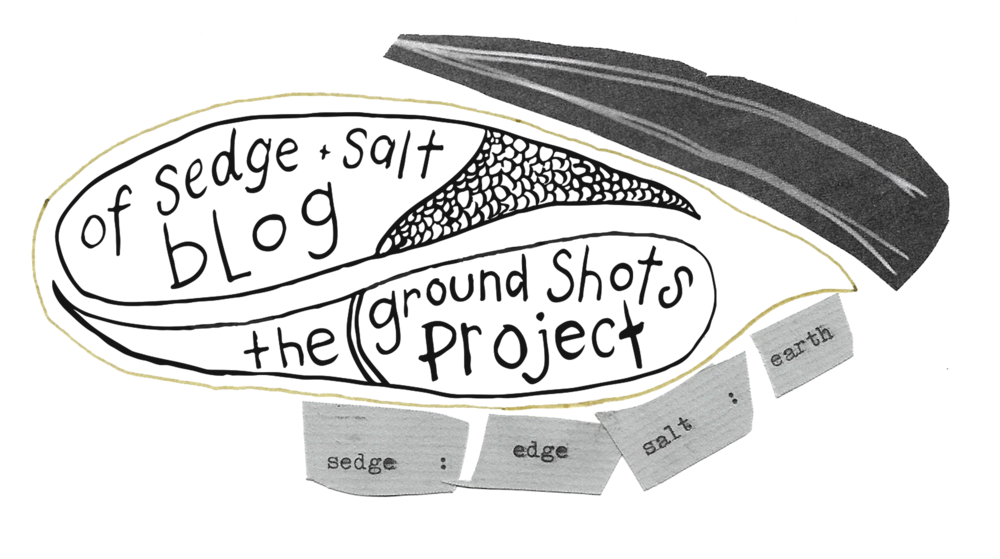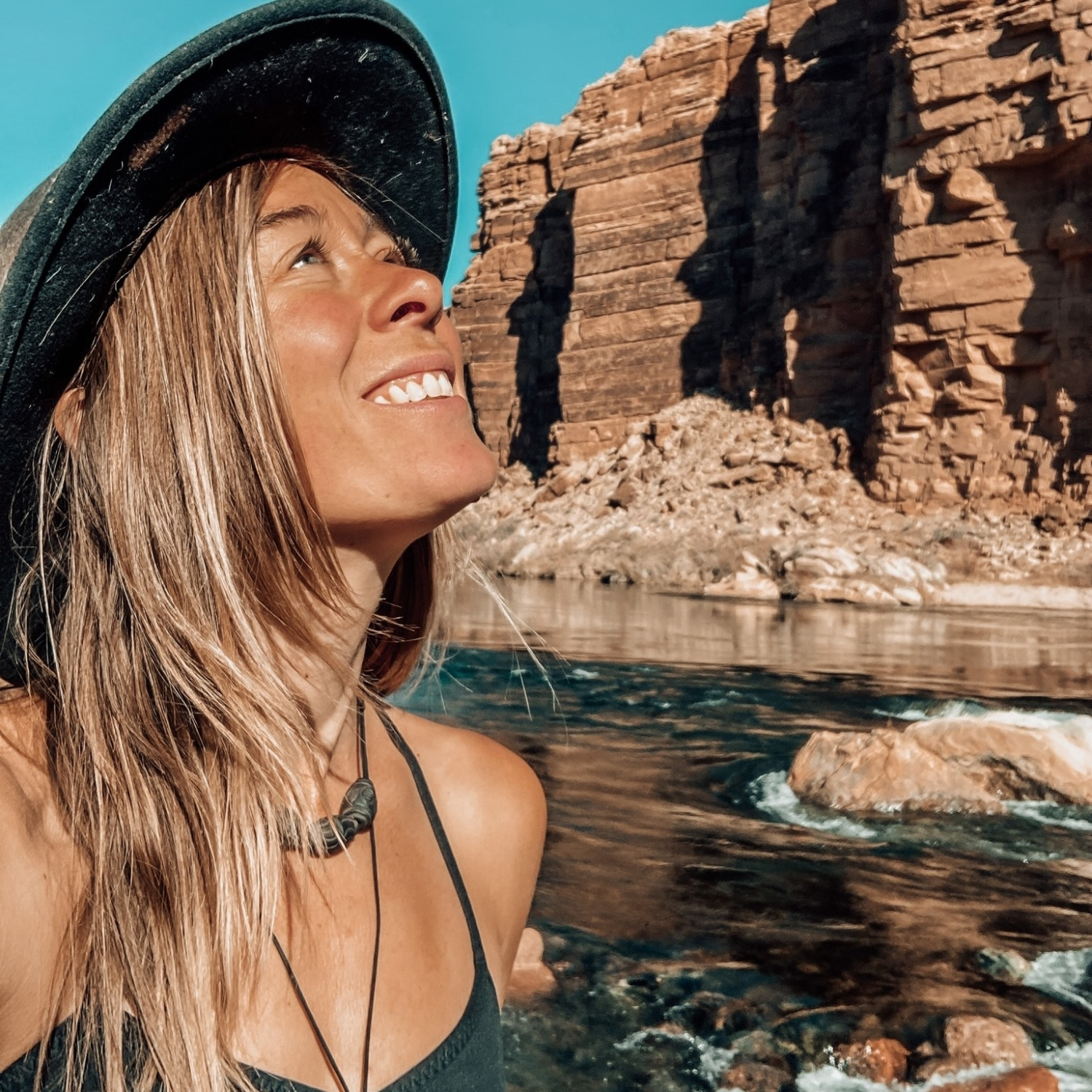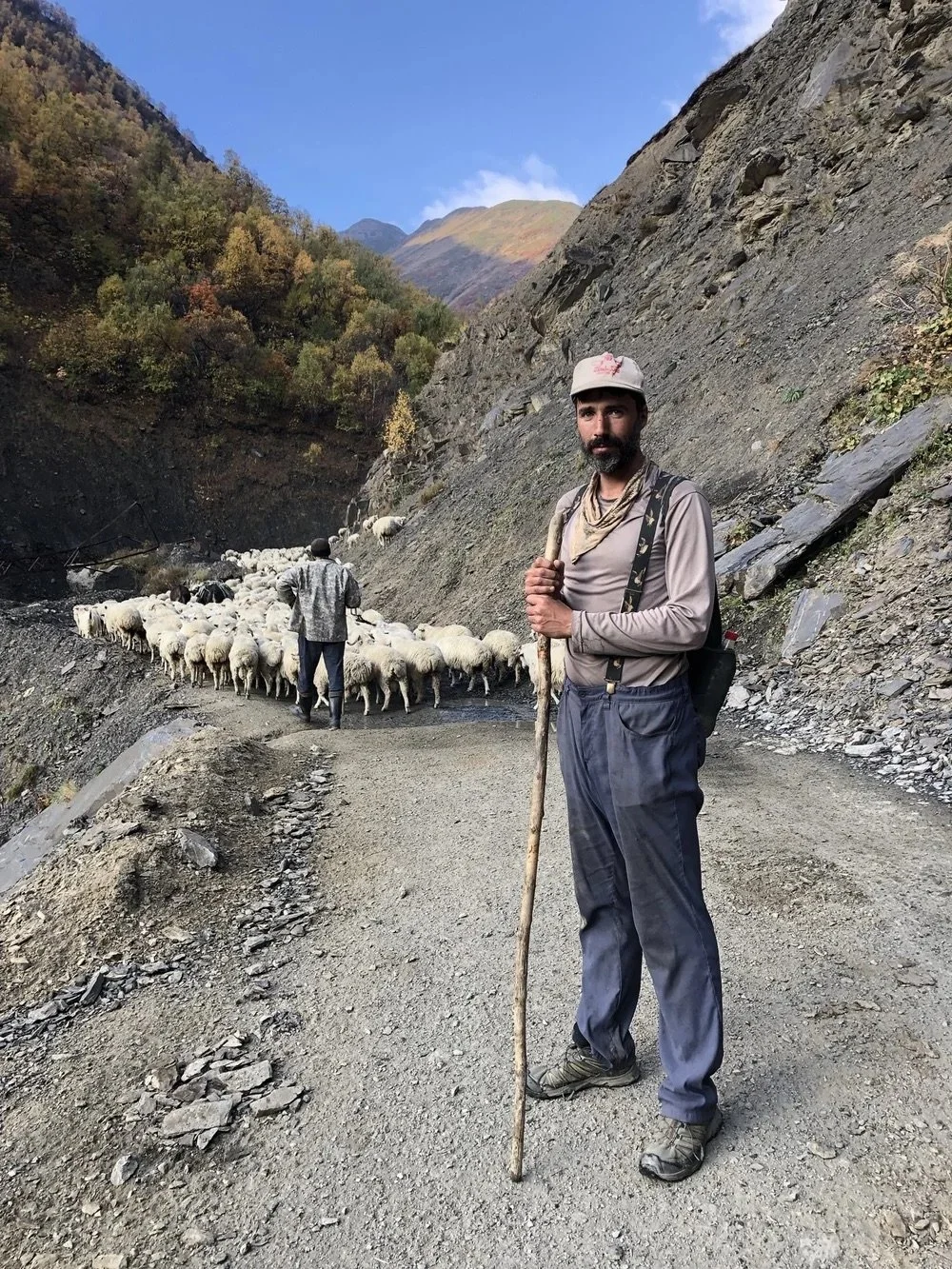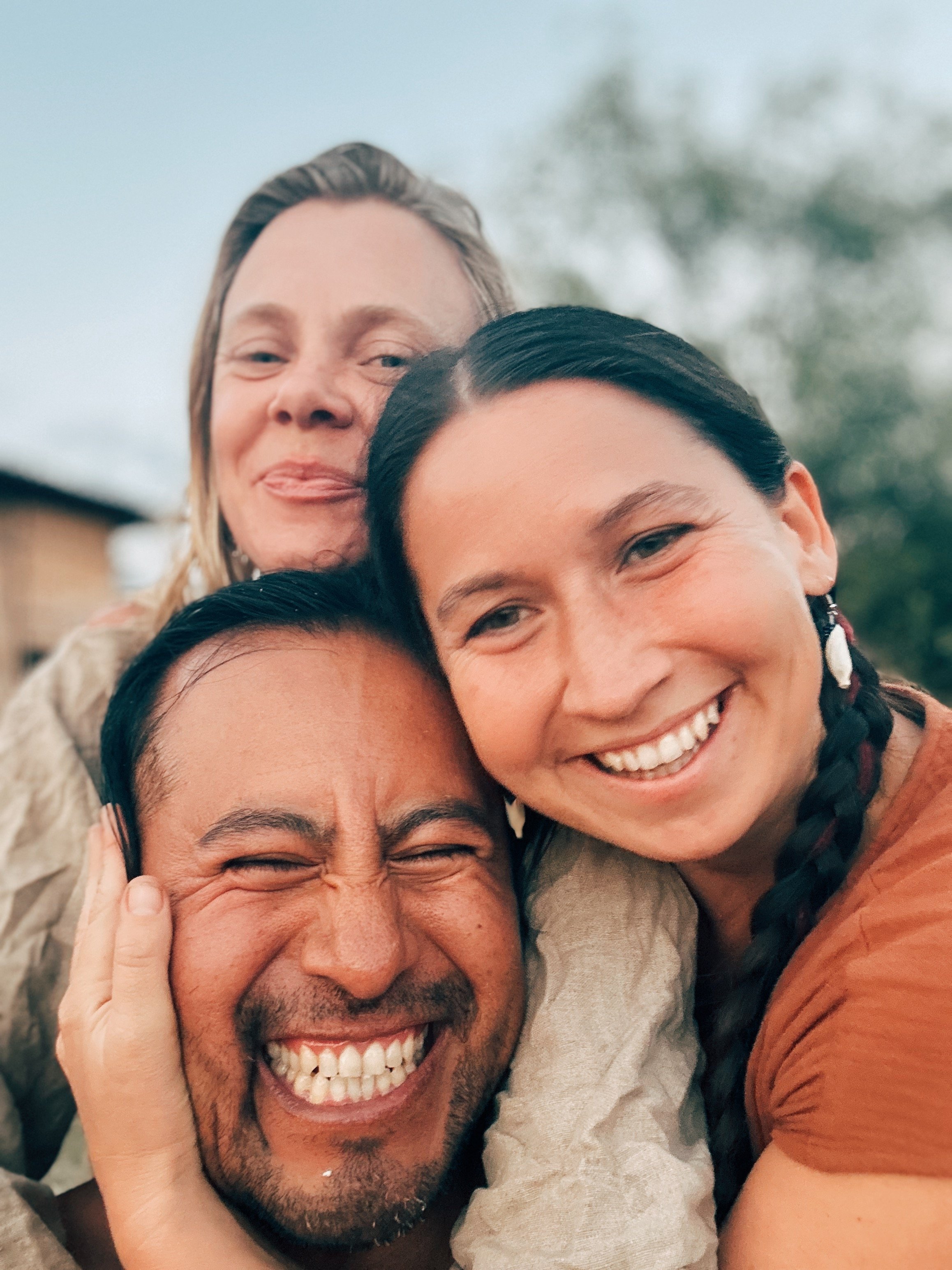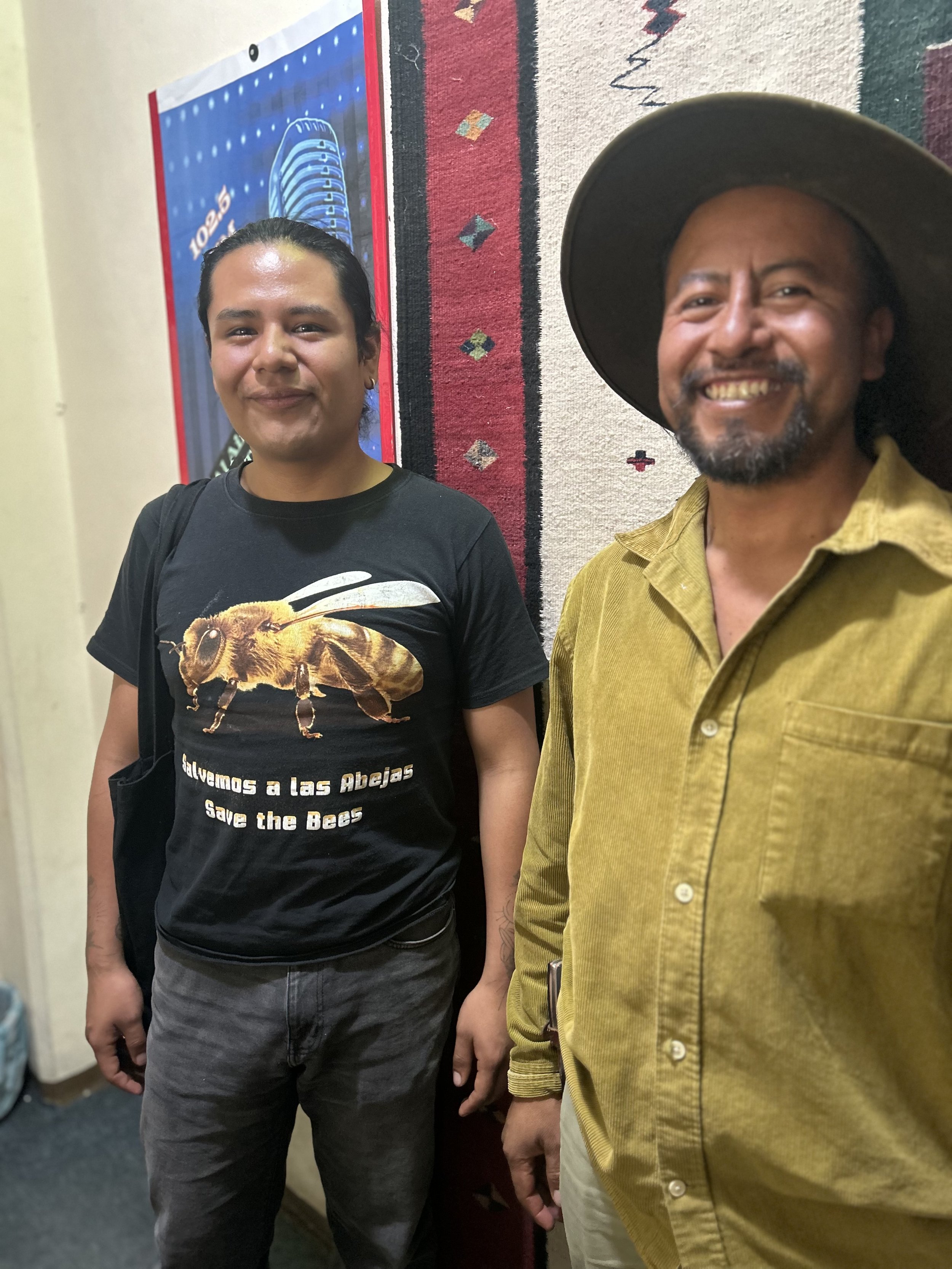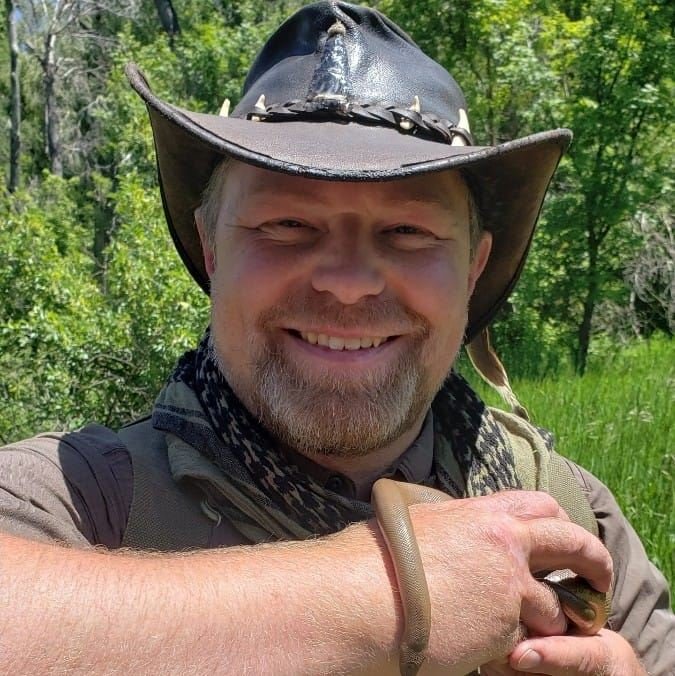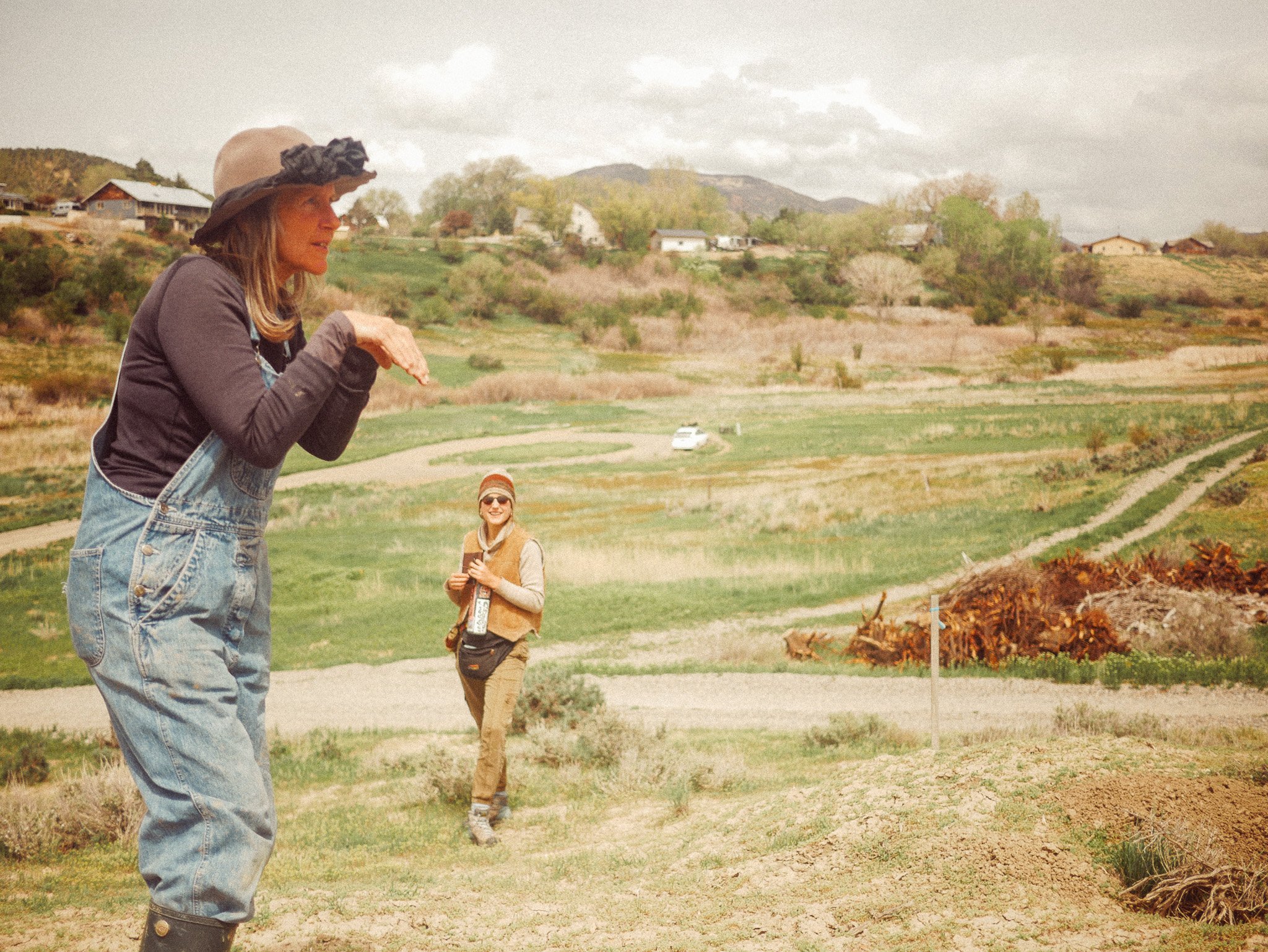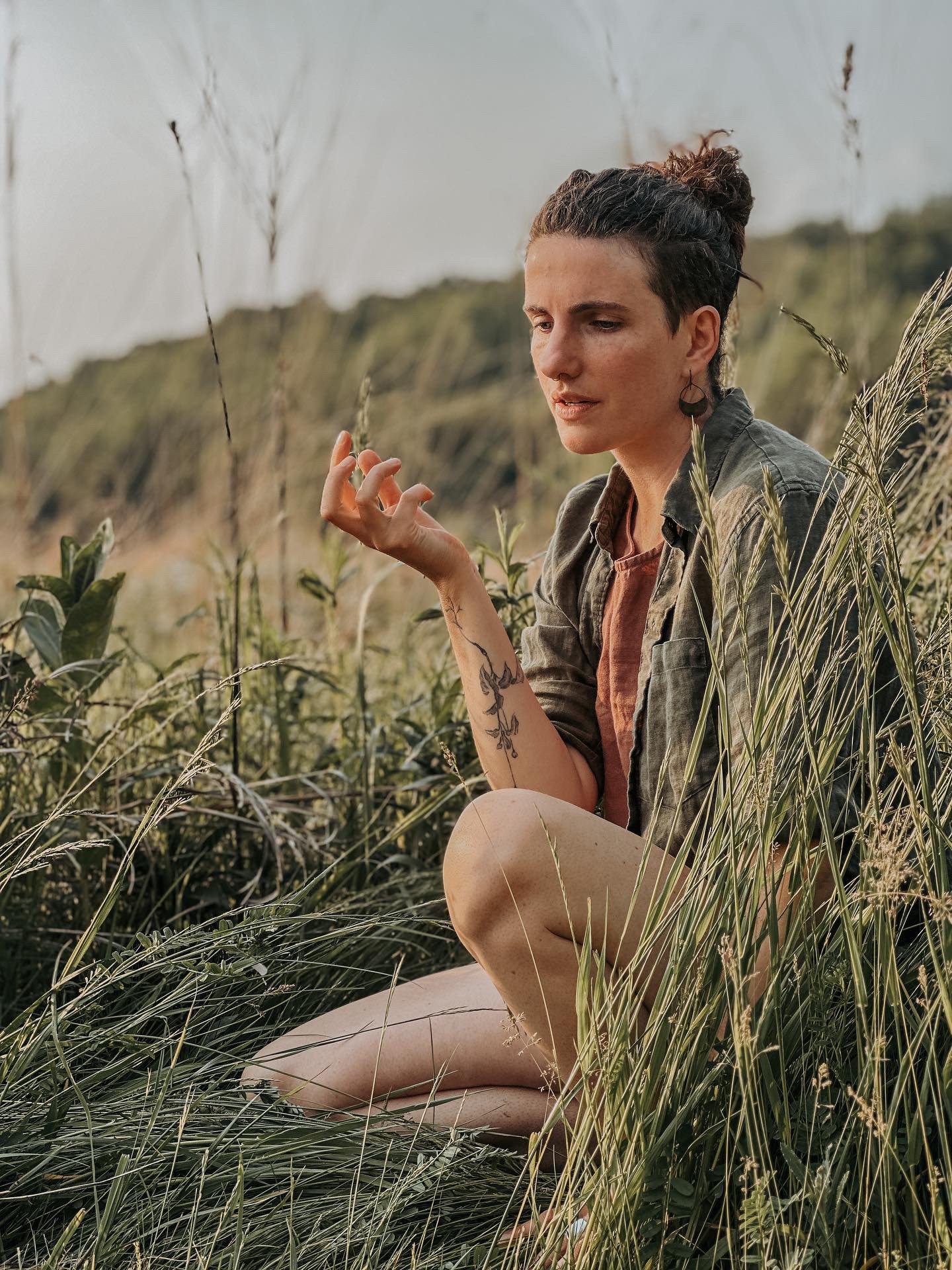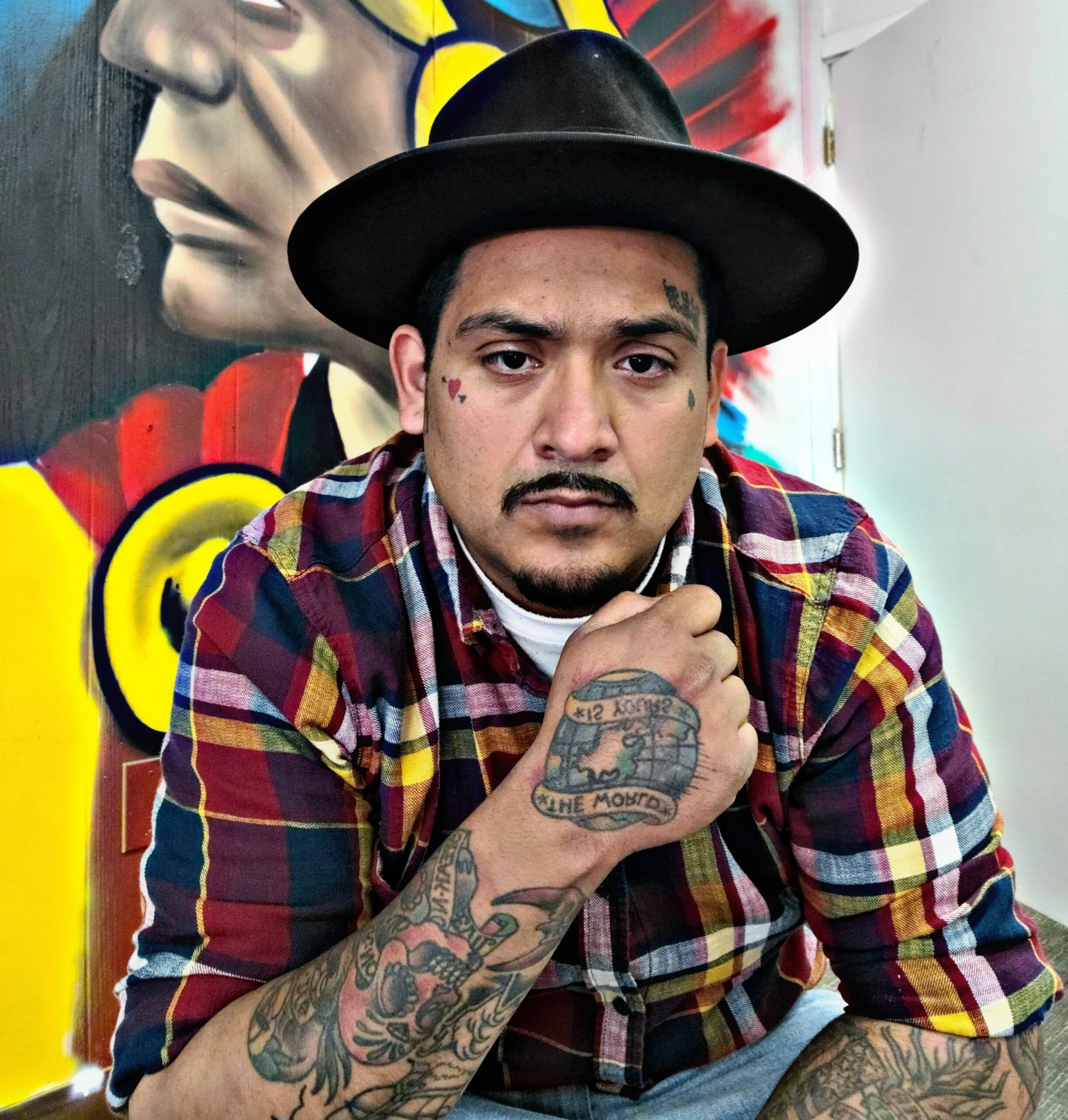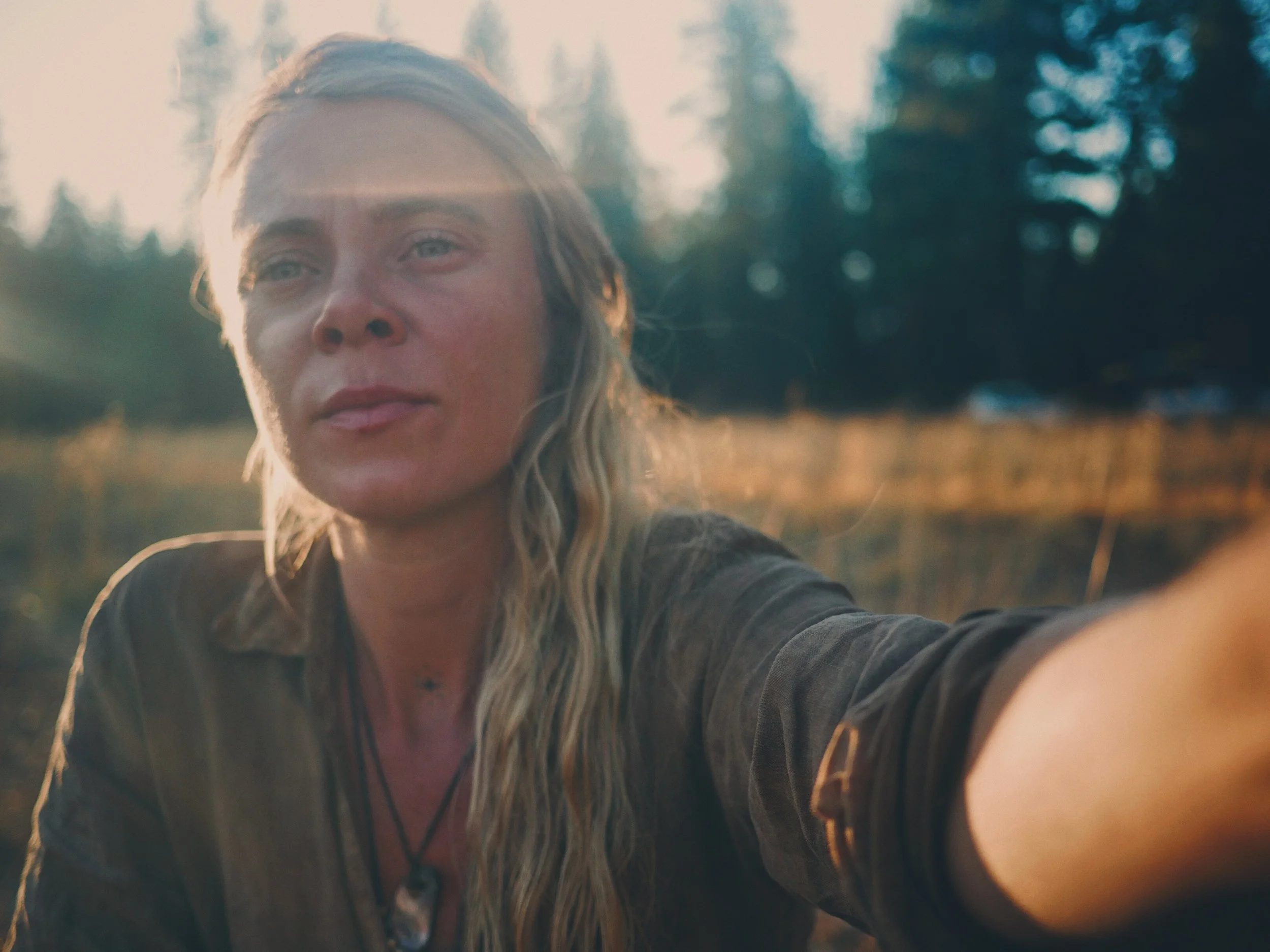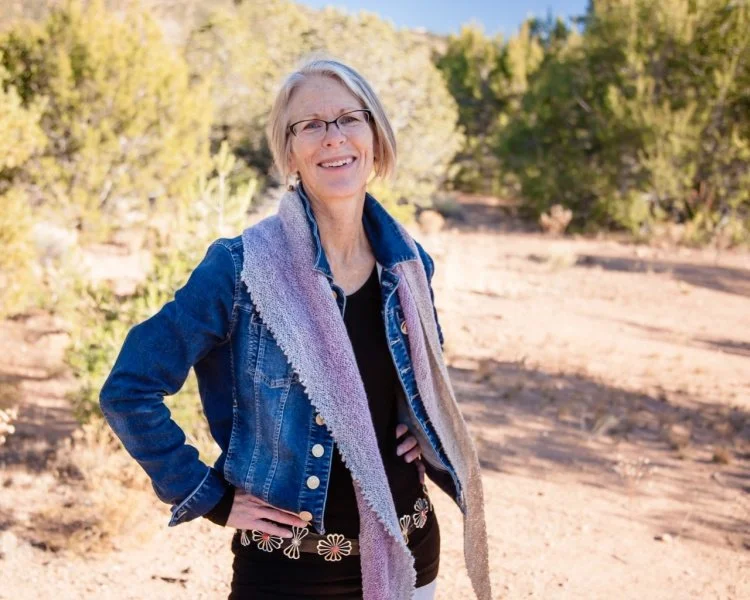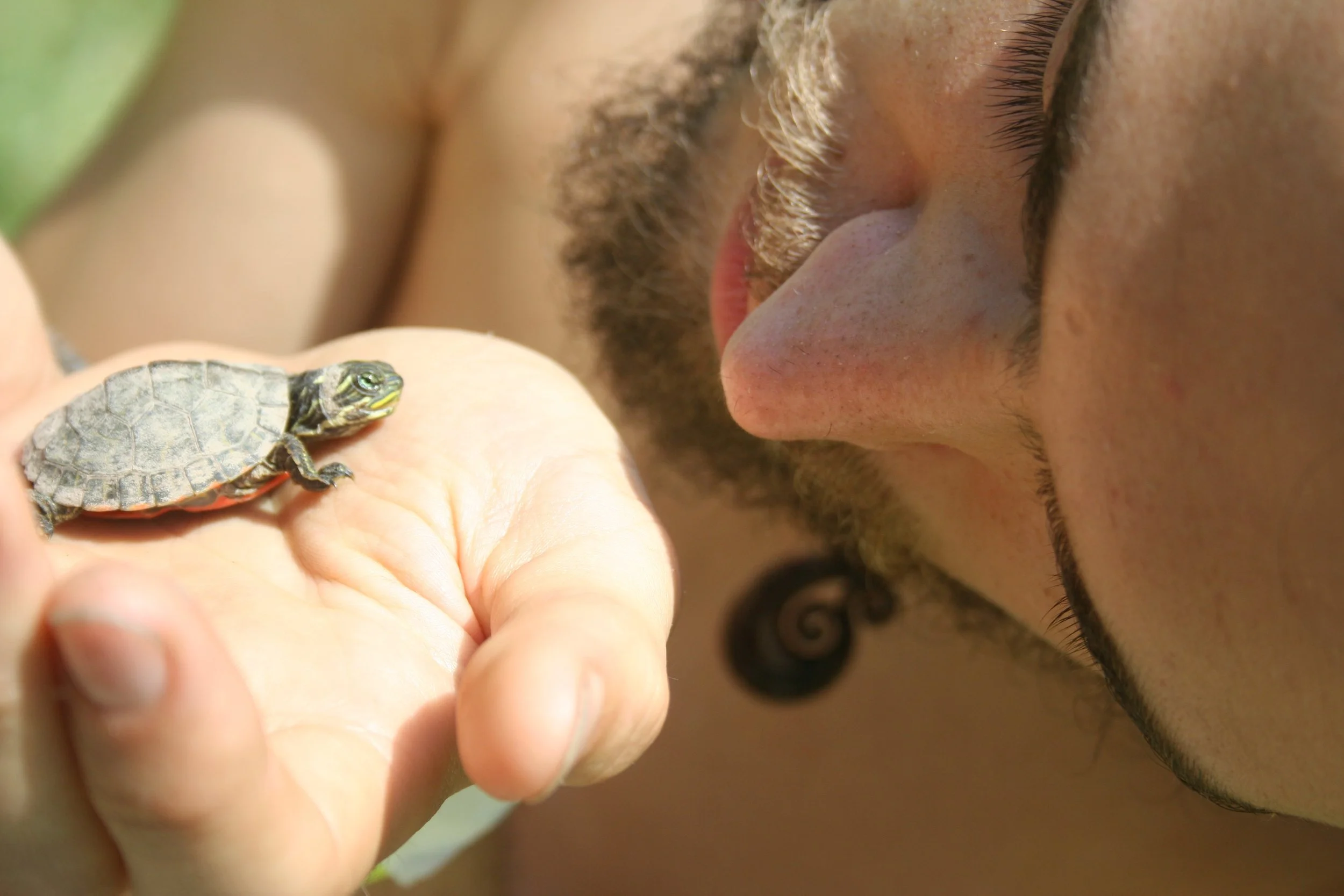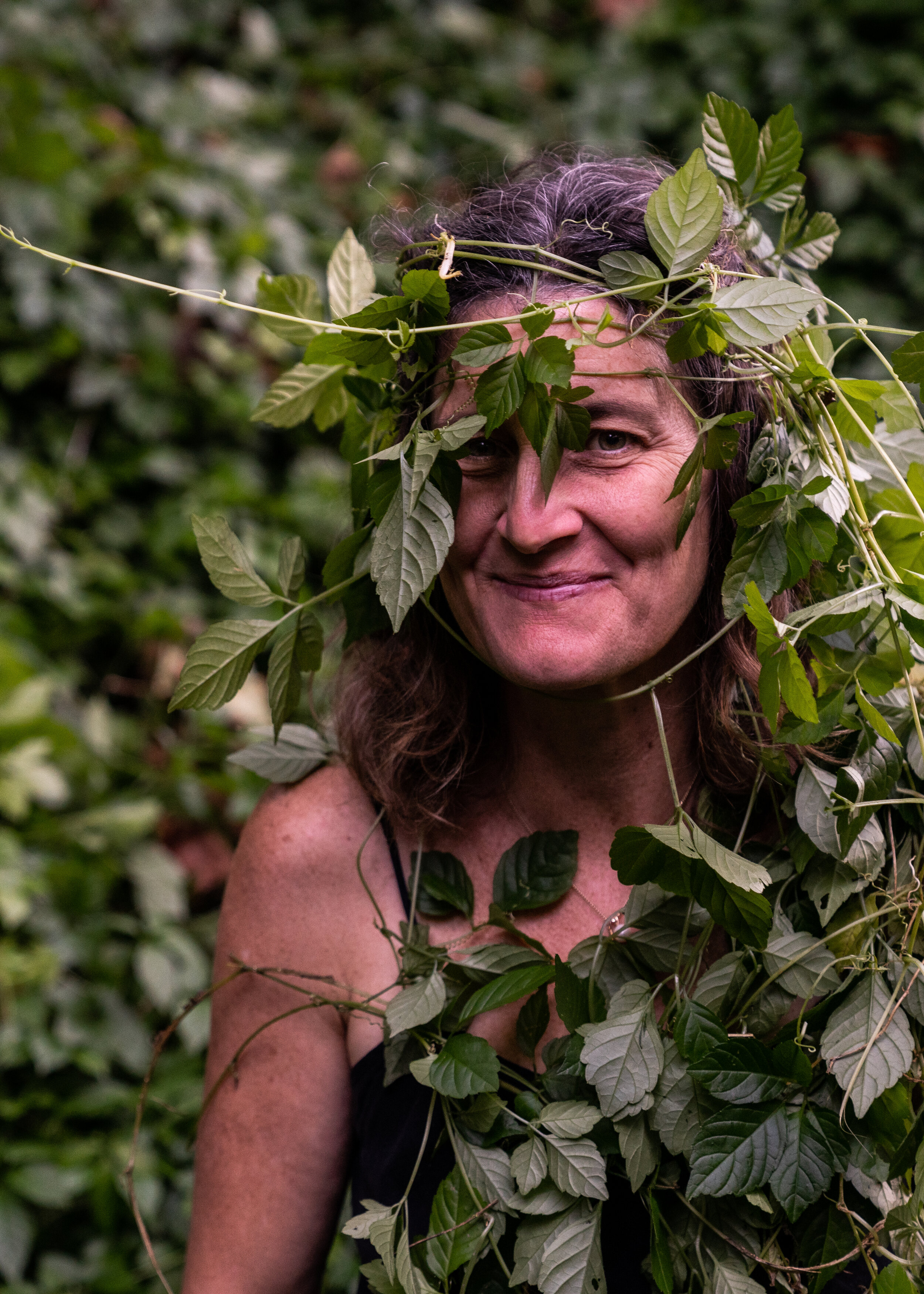This episode of the Ground Shots Podcast is a conversation between Kelly Moody and Gabe Crawford.
We haven’t done an episode together since we were on the Colorado Trail this past summer. So, we wanted to talk about the research we have been doing since we got off of the trail, and while hermiting a bit in our bell tent camp along a riparian corridor, outside of Durango, Colorado. We’ve been thinking a lot about what land tending means, and definitions of ‘wildness,’ and ‘wilderness’ since hiking the trail, and wanted to spend some time looking into the literature out there on conservation, ecology and agriculture. We’ve only touched the surface with our research, but wanted to talk about it on air with ya’ll here, and connect some distant tendrils of what we’re finding through conversation. Above all, our goal has been to try to understand why anthropogenic (human tended and co-created) landscapes are ignored in scientific literature, hence why ‘wild-tending’ seems far-fetched to some folks. And, we want to understand the deeper origins of the invasion biology field of conservation and how it may be connected to ethnocentrism, racism, unexamined colonialist assumptions in the fields of history and science, and more.
Since this episode was recorded and edited, we have migrated to where my family is in southern Virginia for the rest of the winter and are trying to adjust to a different culture, climate and navigating the pandemic without public land.
In this episode of the podcast, we talk about:
the oppressive colonizing force of the Christian church institution in Europe and how this influenced the suppression of land based spirituality
some etymology of ‘heretic,’ ‘heathen,’ ‘villan,’ and ‘pagan’
how the disregard for historic anthropogenic landscapes is connected to the obsession with ‘pristine’ ecology and ‘wilderness’ notions
how Eurocentric ideas about agriculture influenced what colonists saw as ‘uncivilized’ or ‘cultivated’ on turtle island and how these ethnocentric biases ignored anthropogenic landscapes
the white supremacy inherent in the western scientific interpretation of human cultivation, land management and indigenous influence on ecology
biases in the historical accounts of indigenous cultures and the landscapes of Turtle Island, South America, etc. by European explorers yet many of these accounts are used to determine ecological baselines in conservation goals
some of the origins of emotive, moral and value based language in invasive biology and conservation fields
the roots of why conservationism is wary to include indigenous peoples in its preservation of ‘pristine wilderness’ and how the creation of baselines that don’t include indigenous land management practices even though the ecological baselines that might be conservationists’ goals were anthropogenic landscapes
the history of national parks extirpating natives off of their land in order to ‘preserve’ an idea of ‘wilderness’ and how they continue to ignore how the humans there were a part of creating and managing the landscapes
the affluence associated with conservation culture and the western ideas of the museumification of ‘pristine land’
the misinformation in the academic literature of invasion biology created through confirmation biases and disproven theories continuing to be referenced as facts
Links:
A slew of resources related to what we chatted about on the podcast can be found below. Subscribe to our email newsletter, found at the bottom of this link section, for updates on when we will be offering some classes related to these topics.
“Rambunctious Garden : Saving Nature in a Post-Wild World” by Emma Marris
“Beyond the War on Invasive Species” by Tao Orion
“Keeping it Living: : Traditions of Plant Use and Cultivation on the Northwest Coast of North America” by Nancy Turner
“The Burning Times” by Jeanne Kalogridis
Southwest Colorado Wildflowers entry on Triteleia grandiflora (Wild Hyacinth, Large-flowered Onion), where the botanists mention the likelihood that the Utes brought it through trade from the Pacific Northwest and planted it to eat, given it is a very disjunct species from where it is normally found
“The Ecology of Invasions by Animals and Plants” by Charles Elton
“Charles S. Elton and the Dissociation of Invasion Ecology from the Rest of Ecology” by Mark Davis
“Don't Judge Species on Their Origins” by Mark Davis and Matthew K. Chew
“1491": New Revelations of the Americas before Columbus” by Charles Mann
ECOLOGISTS, ENVIRONMENTALISTS, EXPERTS, AND THE INVASION OF THE ‘SECOND GREATEST THREAT’ by Matthew K. Chew
“The rise and fall of biotic nativeness: a historical perspective” by Matthew K. Chew
“Invasions: the trail behind, the path ahead, and a test of a disturbing idea” by Angela Moles
"Is rapid evolution common in introduced plant species?” by Angela Moles
Torreya Guardians website: “Assisted Migration (Assisted Colonization, Managed Relocation, Translocation) and Rewilding of Plants and Animals in an Era of Rapid Climate Change”
“Quantifying Threats to Imperiled Species in the United States: Assessing the relative importance of habitat destruction, alien species, pollution, overexploitation, and disease” by David Wilcove (this article is routinely cited as the reference for invasive species being the second greatest threat to biodiversity when it doesn’t even say that, alongside Edward O. Wilson’s 1992 book, “The Diversity of Life”)
“Invasion Biology : Critique of a Pseudoscience” by David Theodoropoulos
“Environmental determinism”: This is a wikipedia article on the history of environmental determinism in the contest of western colonialism and how this philosophy was used to justify abuses to human rights.
“How conservation became colonialism” BY ALEXANDER ZAITCHIK
“Forgotten Fires : Native Americans and the Transient Wilderness” by Omer C. Stewart
